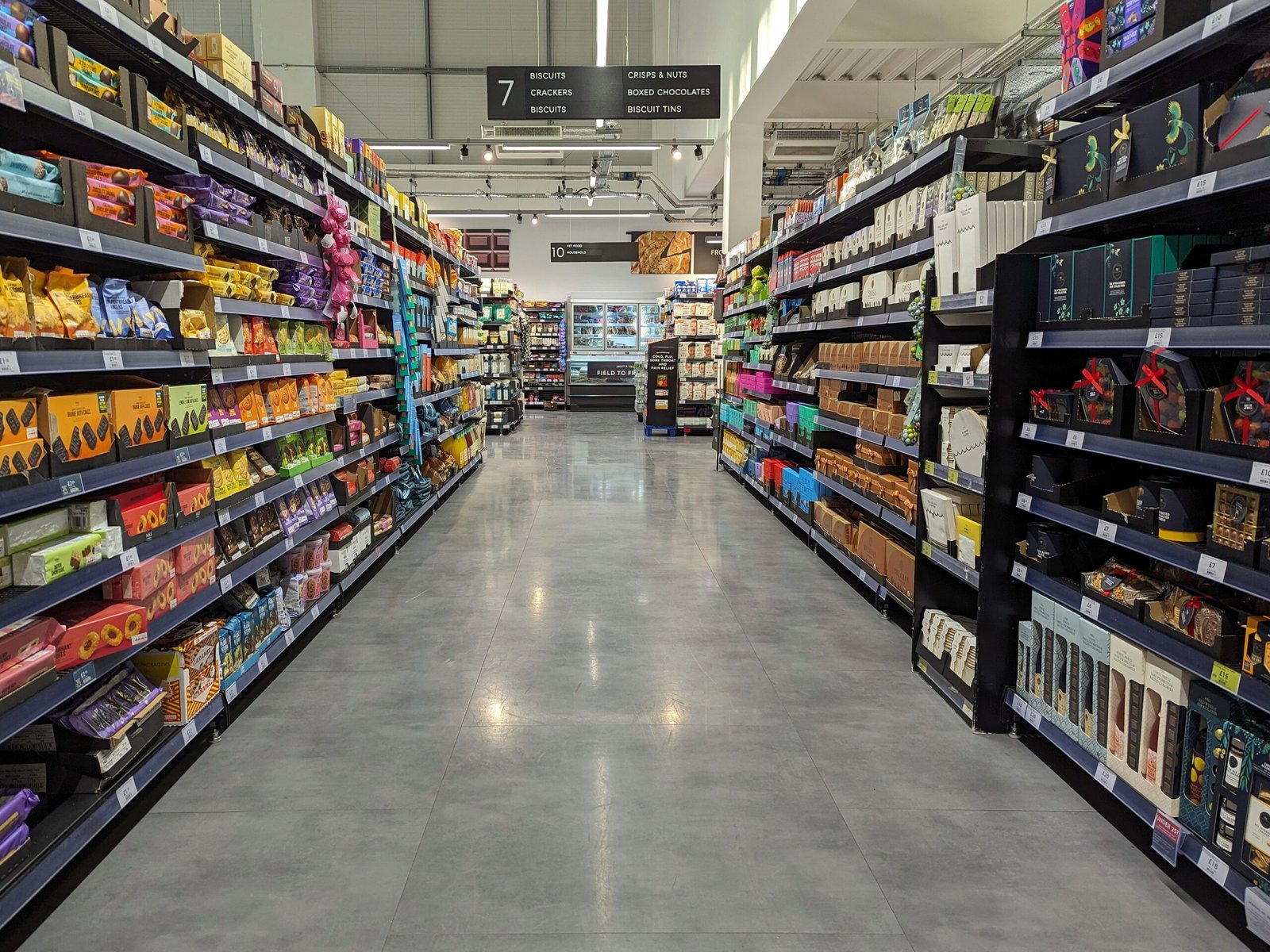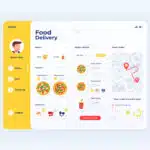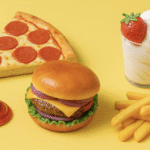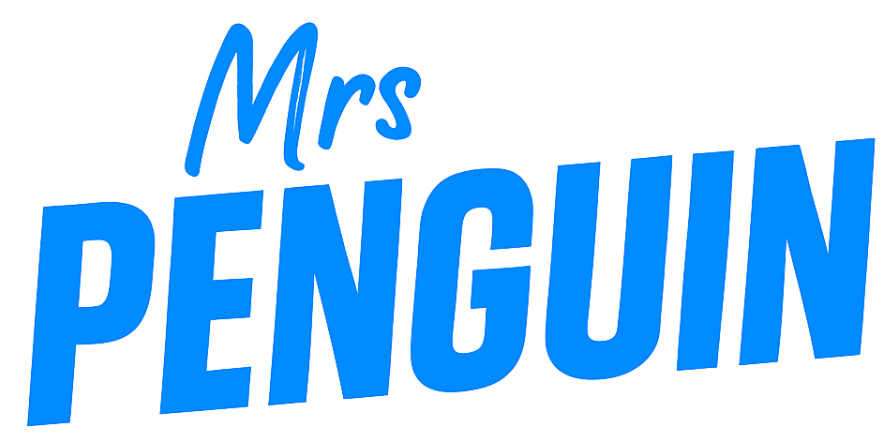- Food startups are driving supermarket innovation by offering unique, health-focused, and sustainable products.
- Retailers are increasingly partnering with small brands to meet shifting consumer expectations.
The Role of Food Startups in Shaping Supermarket Shelves
Walk through any modern supermarket, and you’ll spot something new: kombucha brewed by a local startup, protein-packed snacks with minimalist packaging, or plant-based alternatives that just a few years ago seemed niche. These aren’t accidents—they’re the fingerprints of food startups that are changing what fills our shopping carts.
Startups are nimble, consumer-focused, and willing to take risks where legacy food companies often hesitate. They test daring flavor combinations, highlight functional ingredients like adaptogens, and lean heavily into sustainability. By doing so, they shape not just the shelves, but also the expectations of today’s shopper.
Startups Bring Innovation Where Big Brands Hesitate
Big food corporations move slowly. Launching a new product line might take years of market testing and internal approvals. In contrast, startups can pivot quickly and respond to trends almost in real time. That’s why many of the buzziest supermarket items—cauliflower pizza crusts, mushroom jerky, or oat milk—started with small companies before being adopted by bigger players.
Consumers are noticing. According to a McKinsey report, small and mid-sized brands have captured a disproportionate share of growth in the packaged food industry, proving that shoppers are eager for variety, health, and transparency.
Startups are also driving the sustainability conversation. Many highlight upcycled ingredients, compostable packaging, or carbon-neutral operations. By putting environmental responsibility at the center of their pitch, they pressure larger competitors to follow suit.
Retailers Are Betting on Small Brands
Supermarkets aren’t blind to this shift. Many chains now dedicate shelf space or even entire sections to emerging brands. Whole Foods and Trader Joe’s have long built their reputations on championing unique products, but even mainstream retailers like Kroger and Walmart are expanding partnerships with startups.
This isn’t just about image—it’s about survival. Shoppers, especially millennials and Gen Z, want more than familiar brands; they want stories, values, and innovation. Stocking food startups helps supermarkets stay relevant and attract loyal customers who enjoy discovering “the next big thing.”
Direct-to-consumer (DTC) startups have also blurred the lines. Products that first built buzz online, like Magic Spoon cereal or Impossible Foods, now dominate grocery store shelves. Their online momentum makes them safer bets for supermarkets since consumer demand is already proven.
The Bigger Picture
Food startups are no longer fringe players. They are catalysts that push the industry forward, shaping supermarket shelves with bold ideas, healthier alternatives, and sustainability-first practices. Their impact is cultural as much as commercial: they make shoppers more adventurous, more conscious, and more connected to their food choices.
In a world where consumer expectations shift quickly, startups are showing supermarkets that the future of food isn’t just about filling shelves—it’s about reshaping them.
Related posts:
Jacklyn is a San Diego–based food journalist with a background in the confectionery world. Before diving into food reporting, she worked at a startup crafting plant-based, low-sugar sweets designed to make candy a little healthier







